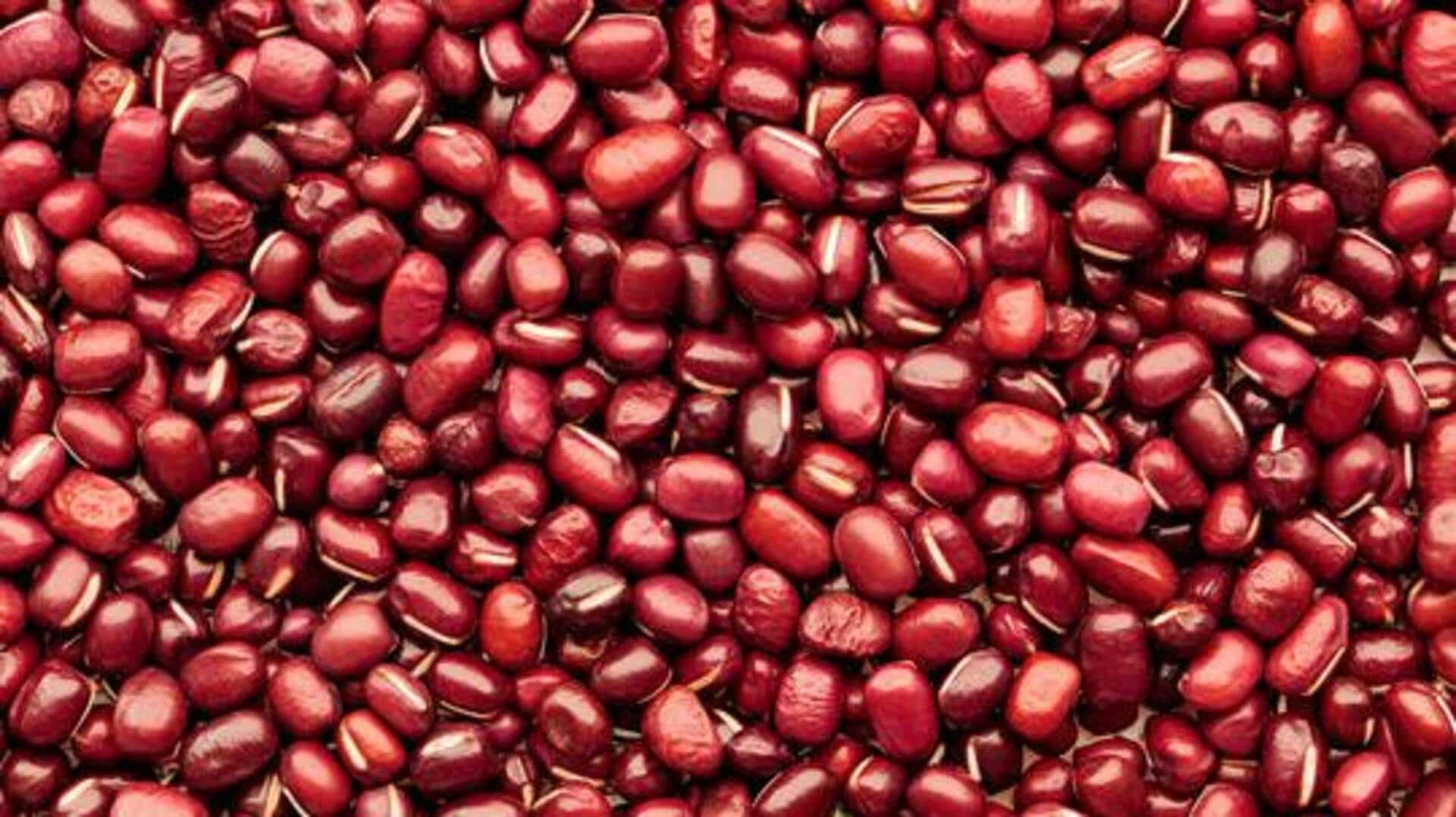
Morama bean: Health benefits, uses, and more
What's the story
Native to the arid regions of southern Africa, the morama bean is now making headlines for its nutritional benefits and versatility. This legume grows in harsh conditions, which makes it a sustainable food source. Packed with protein, fiber, and essential minerals, the morama bean makes for a nutritious alternative to more common legumes. Its adaptability in various culinary applications makes it a valuable crop for local consumption as well as potential global markets.
Nutrients
Nutritional composition of morama bean
Morama beans are rich in nutrients making them an excellent addition to your diet. They are rich in protein, similar to soybeans, which helps in muscle growth and repair. They are also rich in dietary fiber which helps in digestion and gut health. The beans also offer important minerals such as calcium, magnesium, and iron which help in bone health and energy production.
Versatility
Culinary uses of morama bean
The culinary versatility of morama beans is quite interesting. They can be roasted or boiled like other legumes or ground into flour for baking purposes. The nutty flavor goes well with sweet and savory dishes alike. In some regions, they are used to make porridge or added to stews for extra nutrition. Their versatility makes them an invaluable ingredient in diverse cuisines.
Sustainability
Environmental benefits of cultivating morama beans
Cultivating morama beans provides immense environmental benefits since they thrive in arid climates where other crops fail. These beans need little water as compared to traditional crops such as maize or wheat. Their ability to thrive without fertilizers makes them an eco-friendly choice for sustainable agriculture practices, while also contributing positively towards soil health through nitrogen fixation.
Market opportunities
Economic potential of morama beans
The economic potential of morama beans is promising, considering their nutritional profile along with sustainability factors globally appealing amid today's rising demand for plant-based foods! As more people become aware of this versatile legume's benefits, among consumers looking for healthier alternatives within diets everywhere—from urban centers across continents alike—opportunities abound not just locally but internationally too!